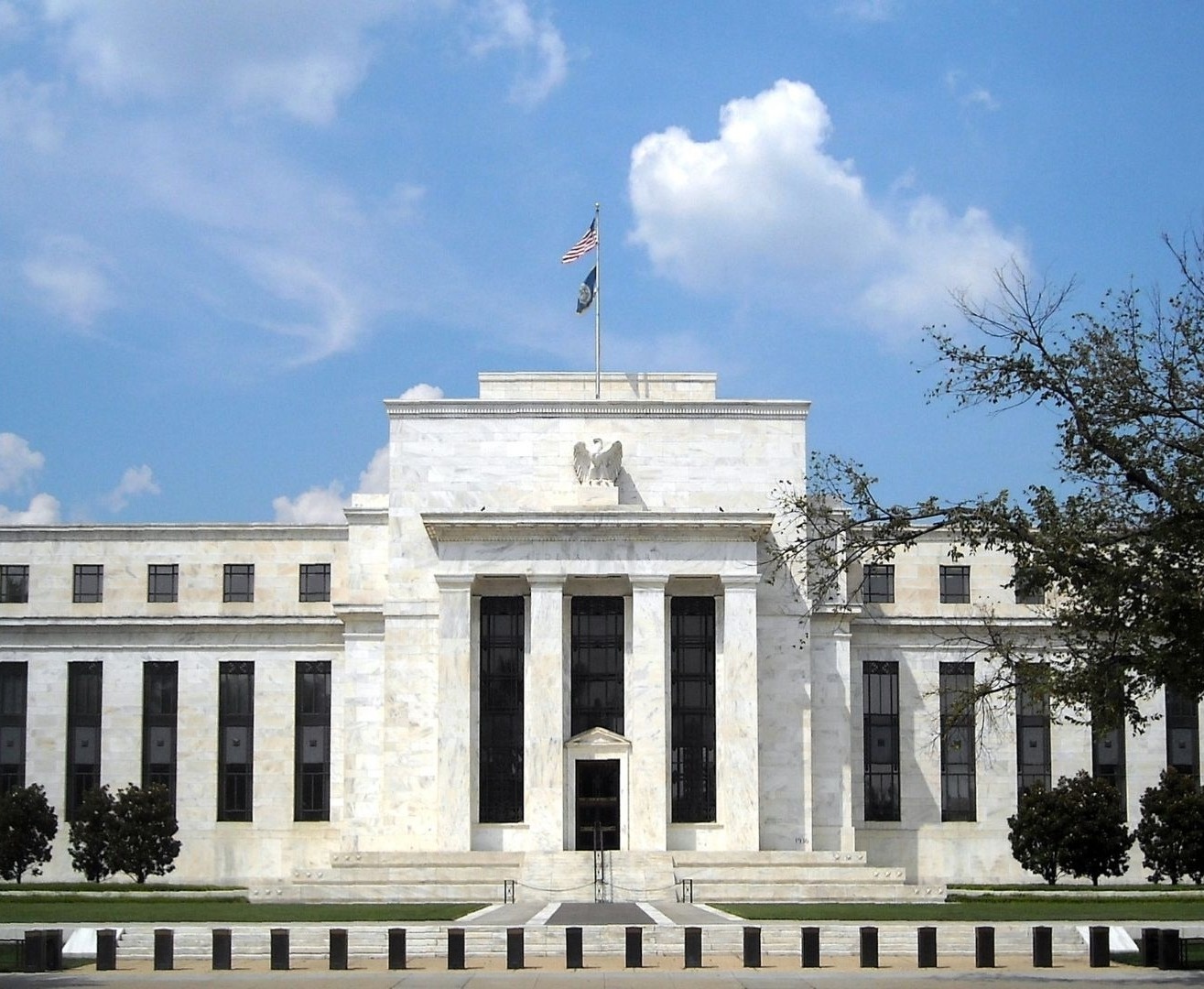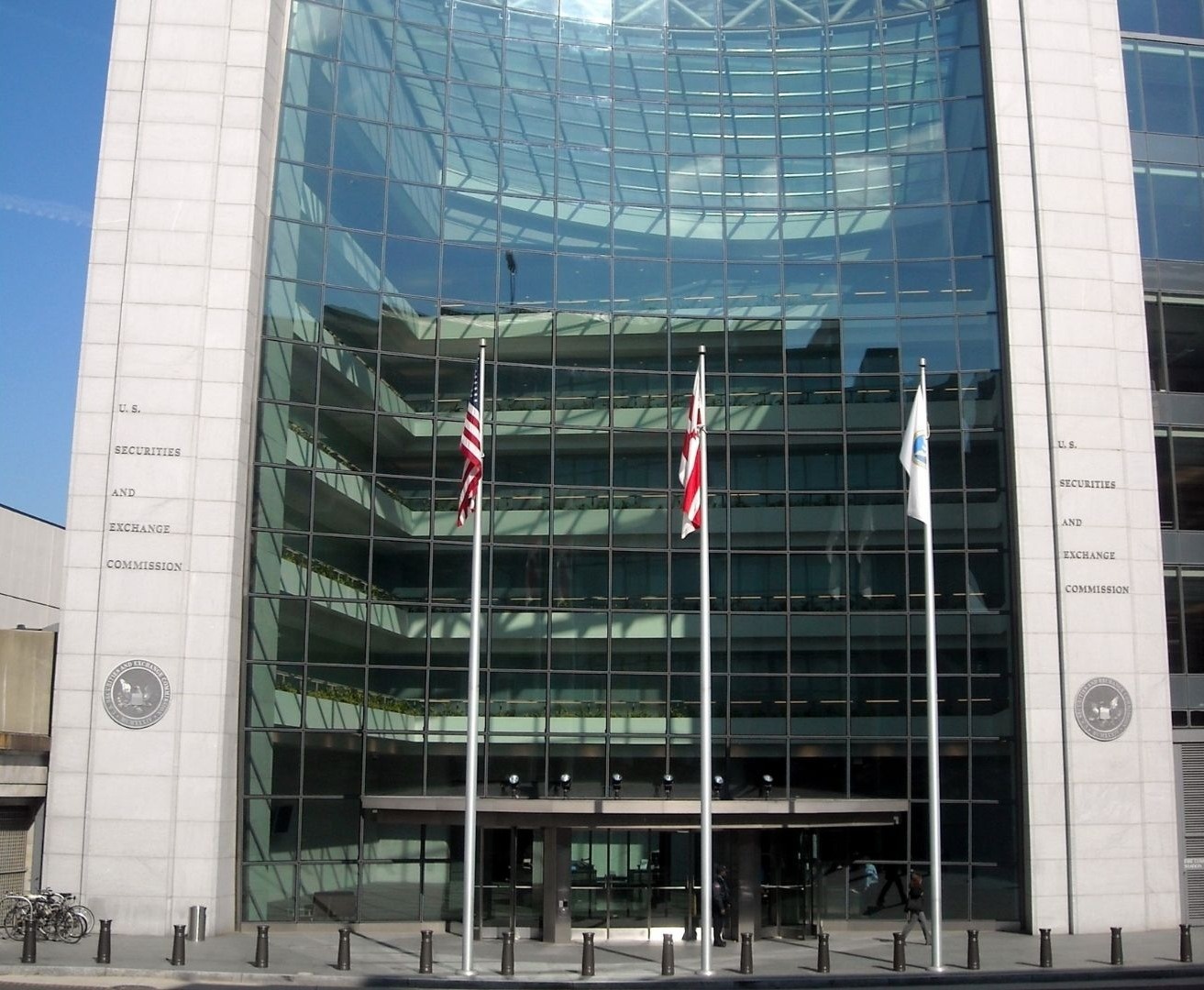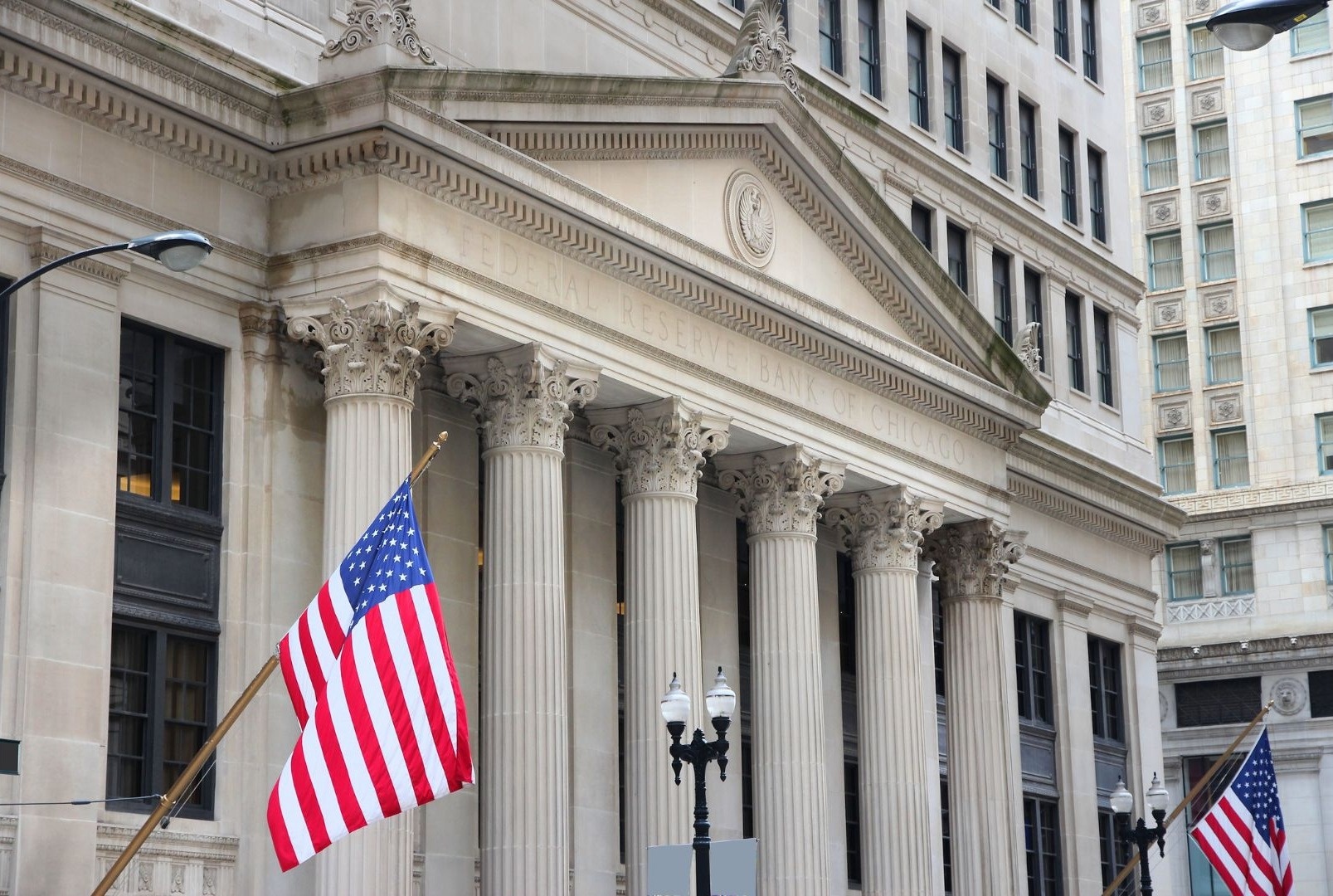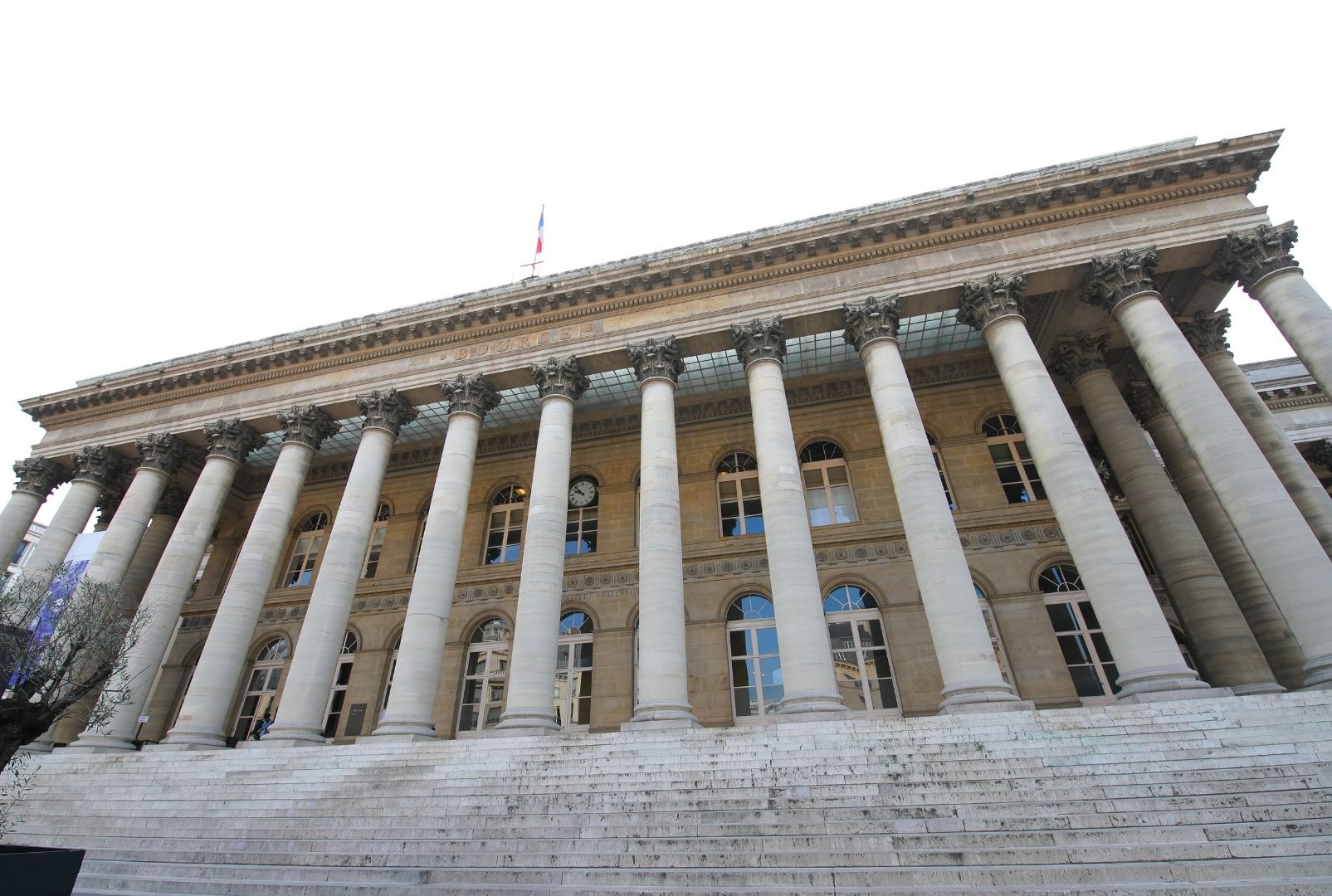Wall Street 101
Where is Wall Street?
What is Wall Street?
When you hear the words “Wall Street” many things and ideas may come to mind. Some think of the renowned street in lower Manhattan that was named for a wall that was built to protect Dutch settlers in 17thcentury New Amsterdam.
Others think about the financial district or “hub” that’s home to the New York Stock Exchange, the Federal Reserve Bank and historically, the place where the nation’s leading banks, brokerages and other financial institutions had their headquarters.
Figuratively, it could mean stocks, bonds and the United States financial industry as a whole – and others might connect Wall Street with wealth, power and greed.
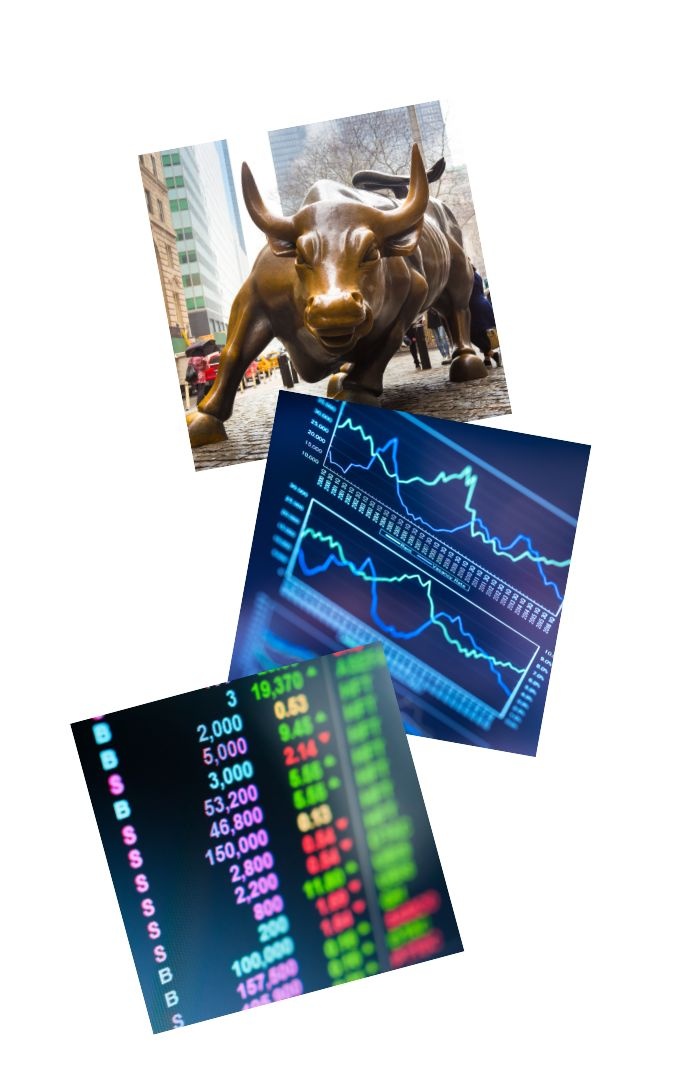
Why is Wall Street Important?
Wall Street means many different things to different people, but all would agree that it is an important place literally and figuratively, and is vital to the United States and global economy.
Although the NYSE remains on the actual street, and many financial firms still have a presence in lower Manhattan, most stock trading and other related business is primarily done online from offices all over the country.
The United States has the world’s largest economy with gross domestic product of almost $23 trillion.
Wall Street is the trading hub for the United States, the world’s wealthiest country.
New York is home to both the NYSE, the largest stock exchange in the world and the NASDAQ, which is the second largest and the first to be digitized.
When the stock market is doing well (Bull Market), consumers spend more money as their portfolios grow. This helps to boost the economy.
Additionally, during these times, companies use their stock to raise money which can be used to acquire assets, fund costly projects, or buy out their competitors.
All of this investment leads to a growing economy, consumer confidence and more jobs.
Current events can impact what happens on Wall Street. Good news often brings increased confidence, spending and investing. However, negative news can have the opposite effect, resulting in plummeting stock prices (Bear Market), and a slower economy.
Interested in Learning More about Wall Street?
Wall Street Is for Everyone
Wall Street to you may be a street, a symbol, a home to treasured institutions, or the financial industry as a whole – but to the world, it’s the economic engine from which the United States draws its power – and it effects the lives of every United States and global citizen.

